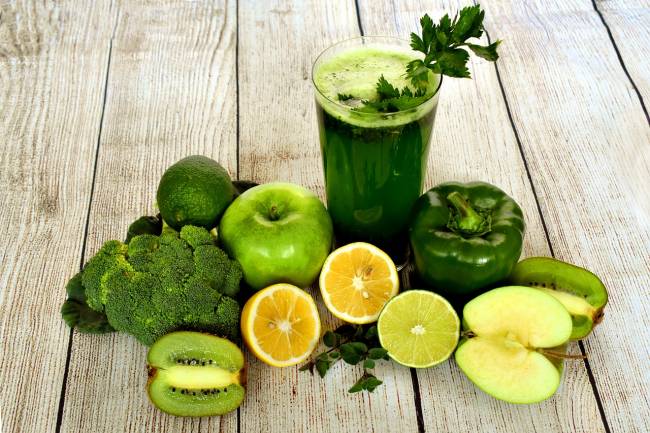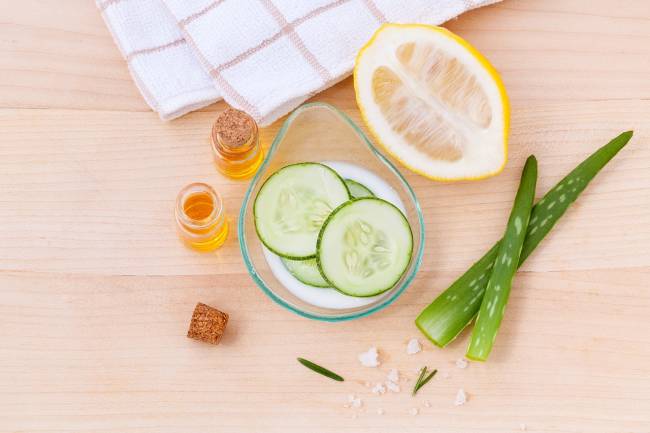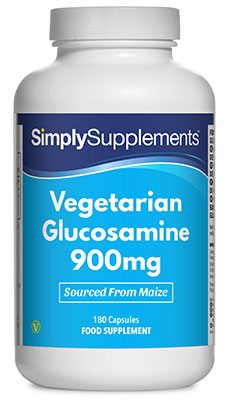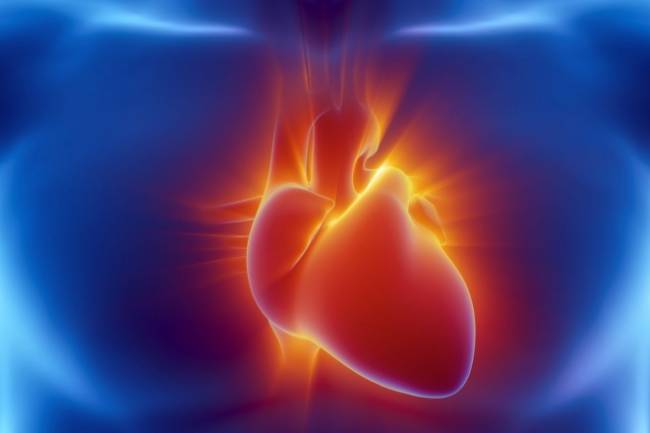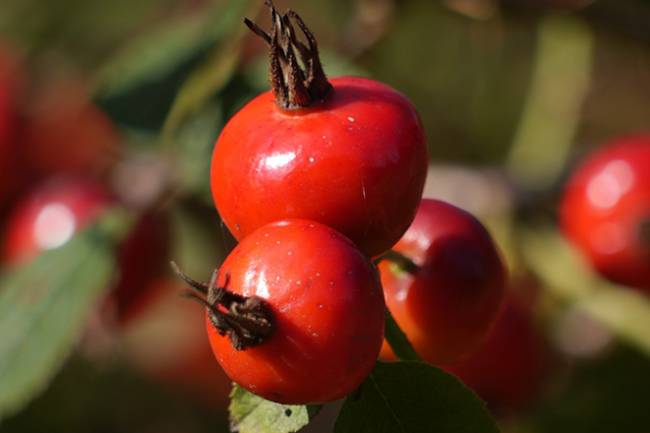Natural Remedies for PCOS

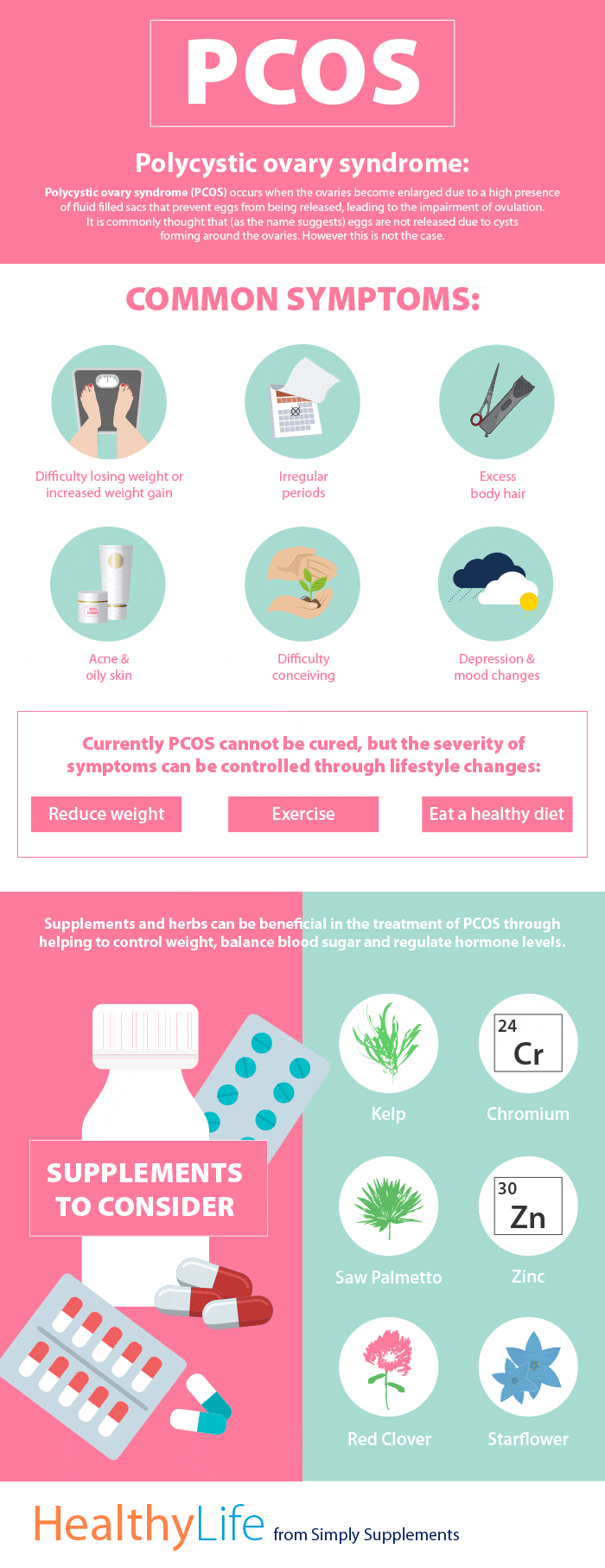
Surprisingly, polycystic ovary syndrome (PCOS) actually has nothing to do with ovarian cysts. Instead, PCOS occurs when the ovaries become enlarged thanks to the presence of fluid filled sacs. These, in turn, prevent eggs from being released.
Common Symptoms of PCOS
Symptoms of PCOS often begin to appear in the late teen and early twenties, and can range in severity from woman to woman:
- Difficulty losing weight or unexplained weight gain
- Irregular periods
- Infertility
- Excess body and facial hair
- Acne, oily skin
- Depression or mood changes
Diagnosis of PCOS
A doctor will usually confirm the diagnosis of polycystic ovarian syndrome once it has been established that the symptoms are not caused by a different pathology and that two of the following criteria are met:
- Irregular periods, showing that ovulation does not occur consistently.
- Blood test results that indicate high concentrations of male hormones such as testosterone or dehydroepiandrosterone (DHEA). However, even if the blood results come back as normal, PCOS can be diagnosed if there are visible signs of disproportionate male hormone concentrations (excessive hair growth etc.)
- An ultrasound scan that indicates you have PCOS.
What Causes PCOS?
Although the precise cause of polycystic ovarian syndrome is not currently known, many experts believe that is it due to insulin resistance in the body.
Insulin, which is produced in the pancreas, is well-known to be important for blood sugar control. However, insulin is also needed for the production and regulation of hormones such as testosterone.
When people become resistant to insulin, the body produces a greater amount, as more is needed to have an effect. Critically, this increased secretion can lead to imbalances in other hormones, including:
- The overproduction of testosterone and DHEA, which are hormones found in much higher amounts in males.
- Elevated concentrations of luteinising hormone (commonly known as LH). Although LH stimulates the release of eggs, high levels may contribute to the lack of ovulation.
- Low concentrations of sex hormone-binding globulin (SHBG). This protein binds with testosterone and downregulates its physiological effects.
- High concentrations of prolactin, the hormone that stimulates milk production in the breasts.
PCOS Lifestyle Advice
Even though PCOS cannot be cured, there are numerous ways to naturally treat insulin resistance and by doing so, control the symptoms of PCOS.
PCOS Exercise Tips
A great way of improving insulin sensitivity is by exercising regularly. No particular type of exercise or intensity stands out in the treatment of PCOS. As a result you should find a form of exercise you enjoy and aim for thirty minute sessions five times per week. Be sure to combine cardio and strength training as they each give different health benefits. The specific benefits of each method are described below:
Steady State Cardio
For improving insulin sensitivity, cardio that is of a fixed intensity (e.g. a 10km run) is highly beneficial. This is because this type of exercise tends to burn a large amount of calories and certainly more than interval sessions and resistance training respectively. Fat loss is a powerful way to increase our body’s sensitivity to insulin, so when combined with a balanced and energy controlled diet, you will be well on your to improving your health.
Interval Cardio
High intensity interval type exercise is also a great mode of exercise for improving insulin sensitivity. This is because activities that are highly intensive significantly reduce our body’s glucose supplies. Carbohydrates consumed afterward will then be used to replenish these supplies rather than remaining in our blood. As a result the body will not secrete large amounts of insulin to try and counteract this.
Resistance Exercise
Resistance training/muscle strengthening is also very important and it is currently recommended that all adults perform this type of exercise twice a week, working all of the bodies major muscle groups. This mode of exercise has positive implications for PCOS for numerous reasons.
Firstly, resistance training burns calories which, as we found earlier, will contribute to fat loss and improved insulin sensitivity when combined with sensible eating. Furthermore, resistance training increases muscle size, boosting the metabolic rate, meaning your body will naturally burn more calories per day. Lastly, increased muscle size helps to regulate blood sugar levels because there will be more room to dispose of glucose. These factors collectively help to improve insulin sensitivity, leading to an improved hormone balance in your body.
To compliment the physiological benefits, exercising regularly can also enhance psychological wellbeing which can often be negatively affected because of PCOS. So find modes of exercise you enjoy and stick at it to see an improvement in your symptoms of PCOS!
PCOS Diet Advice
Alongside exercise provision, making changes to what we put on our plate is also very important for managing insulin sensitivity and thus PCOS symptoms.
One of the most effective ways to improve insulin sensitivity is by becoming a healthy body weight, which is a body mass index (BMI) of between 18.5 - 24.9kg/m2.
This makes the most sense when you realise that ~90% of people who suffer from insulin resistance are either overweight (BMI 25 – 29.9) or obese (BMI 30+).
To lose weight, it is of fundamental importance to burn more calories than you are consuming. There is no one-size-fits-all diet, so you have to find a particular pattern of eating that allows you to maintain a calorie deficit whilst fitting into your lifestyle. However, there are still some specific tips that all diets should aim to incorporate:
Eat a High Protein Diet
Eating protein with each meal helps to keeps blood sugar levels stable and prevent the over secretion of insulin. Protein is also very important as it helps to maintain muscle mass. As we elucidated earlier, muscle is very metabolically active, meaning it burns a lot of calories. It also provides a large reserve to help us store glucose, preventing blood sugar from reaching dangerously high levels. A diet rich in protein is also highly beneficial when aiming to lose weight.
Firstly, protein is the nutrient that provides the most satiation, meaning we stay fuller for longer. This reduced hunger should help to limit the amount of calories we consume, thus accelerating fat-loss.
Secondly, protein has the highest thermic effect of any nutrient, meaning that we use up a lot of calories to actually digest it, again helping with our weight reduction efforts. Foods high in protein include: meat, fish, eggs, dairy and supplements such as whey and casein.
Choose Low GI Carbs
Foods with a low Glycemic Index (GI) are broken down and digested slowly by the body. As a result, insulin levels remain stable and the body is provided with a slow and steady supply of energy, without experiencing energy crashes that are often associated with sugary products.
Food items that are classed as low GI include: oats, brown rice, dairy products, pasta, vegetables, lentils and most fruits and can be eaten daily. An additional benefit of low GI foods is that they tend to be high in fibre, which helps the gut function normally and can also help us to feel fuller for longer.
Medium GI foods such as baked beans, basmati rice and baked potatoes and should be eaten in sensible amounts.
It would be wise to consider high GI carbohydrates such as sugar products, white bread and white rice as occasional treats, because these foods spike glucose and insulin levels and can also cause lulls in energy.
Eat a Wide Range of Healthy Fats
Individuals with insulin resistance should aim to get more overall energy from healthy fats and less from carbohydrates. This is because fat has a minimal effect on insulin secretion.
Fats are also vital for the absorption of the fat-soluble vitamins A, D, E & K, which are needed for optimal health, especially during a weight-loss programme. Good sources of healthy fats include avocados, olives, oily fish, nuts and seeds.
Small amounts of saturated fats can also be health promoting, but can become a concern if too much is ingested. Trans fats must be avoided, and these are mainly found in shop bought, highly processed foods such as cakes and pastries.
Caution must be exercised when looking to increase fat intake because fats are very energy dense. 1 gram of fat provides 9 calories whereas a gram of protein and carbohydrates only provide 4, meaning it is easy to overdo dietary fat.
Supplements for PCOS Management
Although implementing regular exercise and making alterations to your diet will go a long way in helping to manage weight and insulin sensitivity, many women are utilising the power of supplements to take their PCOS treatment to the next level.
The most popular supplement choices are:
Kelp
Kelp is one of the richest natural sources of iodine, which has been shown to play an important role in hormone production and psychological function. The ovaries have the second highest concentration of iodine in the body, after the thyroid gland, so maintaining healthy iodine levels is important for normal ovary function. Taking a daily kelp supplement has been shown to relieve symptoms of PCOS, however avoid extremely high doses which can be detrimental to health.
Chromium
Chromium encourages the formation of Glucose Tolerance Factor (GTF); a substance released by the liver that makes insulin more efficient. It can also help to promote weight loss and lower blood lipid levels. A deficiency in chromium can lead to insulin resistance, which is obviously counter-productive for those with PCOS, so ensure you are consuming around 200mcg of chromium on a daily basis.
Zinc
Zinc is an important mineral for balancing blood sugar levels and minimizing the effects of sugar spikes. It is also required for the production and proper functioning of several hormones, including insulin. Zinc can help to promote healthy skin and reduce the appearance of acne, which is a common symptom of PCOS. Take up to 50mg of zinc on a daily basis or as part of a daily multivitamin.
Saw Palmetto
This popular herbal remedy helps to target the hormonal imbalance associated with PCOS and may reduce many of the symptoms. It works as an anti-androgen, which can help to bring high testosterone levels under control and is particularly helpful if you have noticed excess hair growth. Saw palmetto is available in several different forms, including supplements, herbal teas, and tinctures.
Red Clover
Red clover is a popular plant based supplement, especially with women suffering from PCOS. Its popularity is due to the high concentrations of isoflavones, which are thought to mimic the hormone estrogen, which is highly influential in the female reproductive system and menstrual cycle.
Starflower / Evening Primrose Oil
Starflower and evening primrose oil are also plant based nutrients that are taken almost exclusively by women. These products are rich in the omega 6 fatty acid gamma linolenic acid (GLA). This fatty acid is not usually found in food items, and is popularly taken by woman due to beneficial effects on hormone balance. Impressively, GLA is also thought to influence vision, weight-management, skin, eye and joint health. Now it is easy to see why it is such a popular choice.
In Summary
PCOS is a condition that negatively affects the life quality of many women around the world. Although there is no cure, the symptoms can be drastically improved by making certain lifestyle alterations.
Hopefully this article has provided you with some guidance on how a structured exercise, dietary and supplement regime can lead to an improvement in insulin sensitivity, which in turn helps to restore hormonal balance. Incorporate these tips today to take control of your PCOS symptoms and improve your life quality!

 Richard
Richard 
